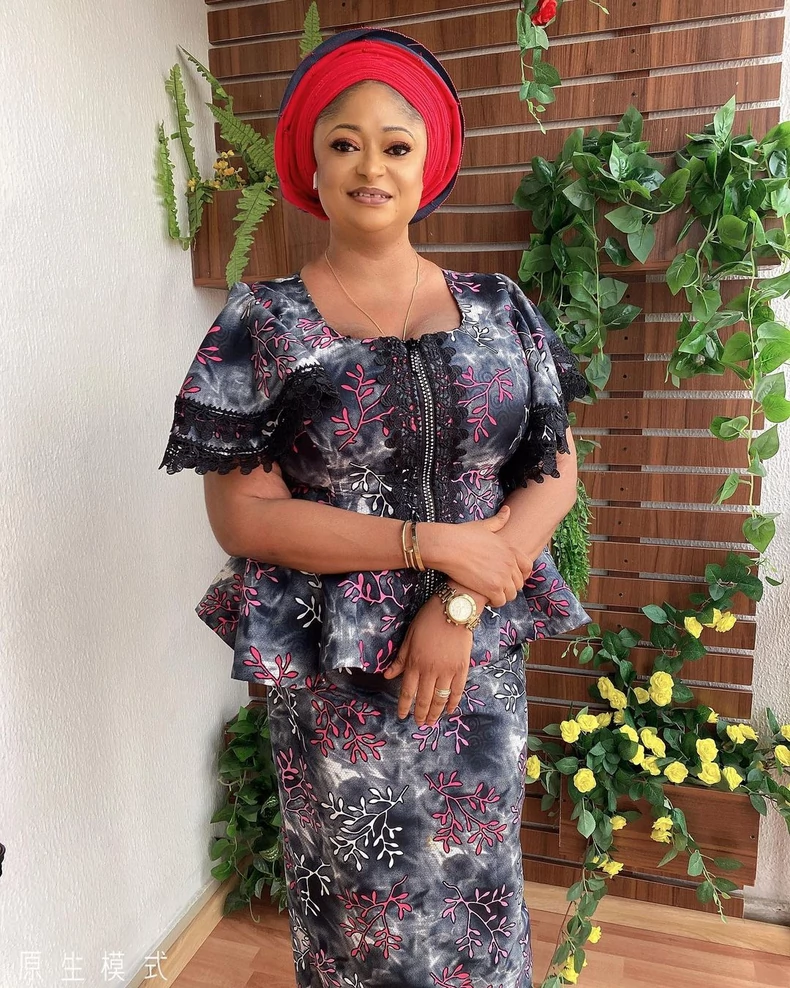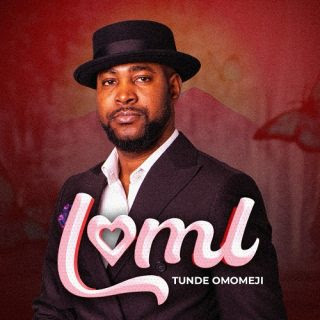Ronke Ojo – I started working at an early age to support my family

Ronke Ojo – I started working at an early age to support my family

Ronke Ojo – I started working at an early age to support my family
Ace actress Ronke Ojo has disclosed that she had to stall her education so she could assist her father.
Speaking to popular Youtuber Chude Jideonwo during a recent interview, she delved into the story of her formative years, noting that she was forced to grow up fast. As the first child of her parents, it became her duty to join her father in supporting her family. She worked at Tincan island where her father used to work to assist him because he had problems with the Nigerian Customs.
She said, “Before I went to acting, I used to work in Tincan Island then. My father had problems with Customs, where he used to work. But because I’m the firstborn of my family, I started working early, you understand. I grew up so early. I started working, I started doing some certain things and to God be the glory, here we are today.”
The actress noted that her father was unable to get out of his issue with customs before he died. So she carried the mantle and continued to work to support her siblings and according to her, the journey was difficult. As a result of this, she was unable to go back to school to further her education.
In her words, “It wasn’t easy, it wasn’t easy at all. There’s a Yoruba proverb that says, ‘Oshi o ni kan baba, ko kan Iya, ko ma dara omo”, meaning a problem cannot affect the father, affect the mother and not affect the child. It wasn’t easy. And being the firstborn of the family, you have to support your family, you have to support your siblings and stuff like that, so it wasn’t easy. My father never came out of the issue before he died. That was why I could not further my education.”
Despite her rocky start, Ronke Ojo has become a force to be reckoned with in Nollywood, particularly in the Yoruba movie sector.
See the Interview below:
Do you find Tmaq Media useful? Click here to give us five stars rating!




















